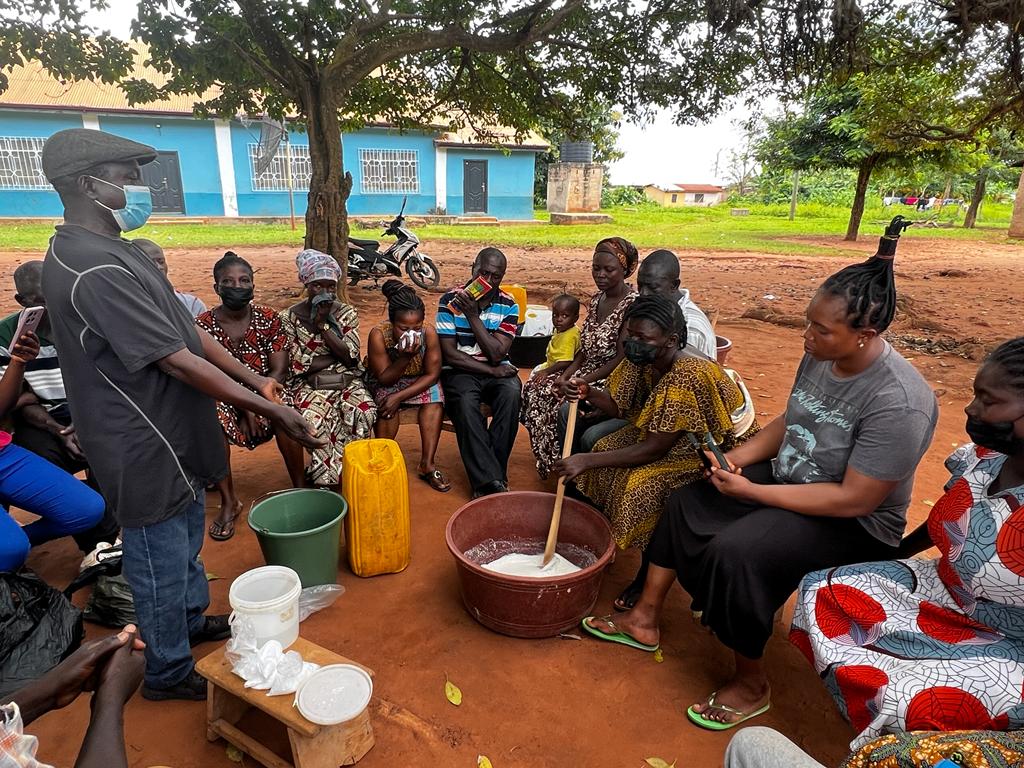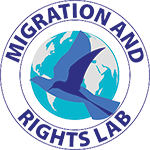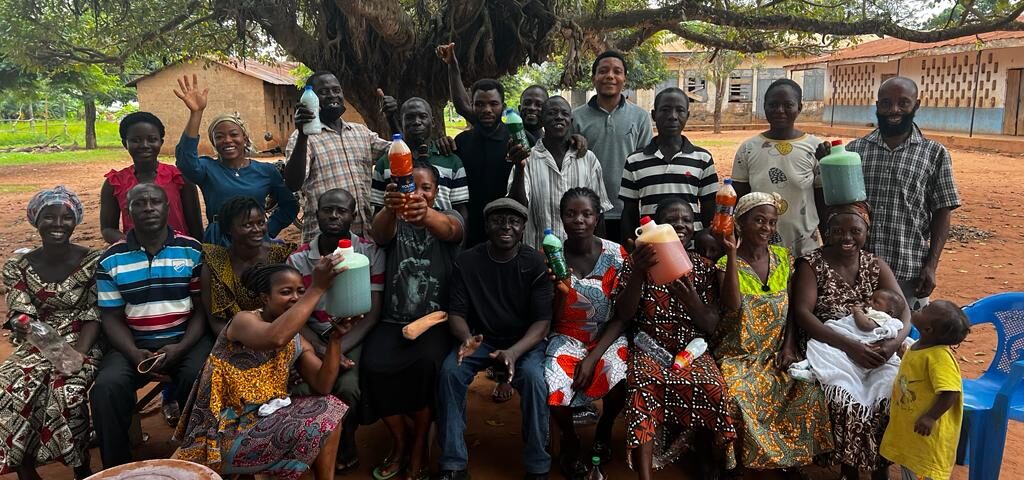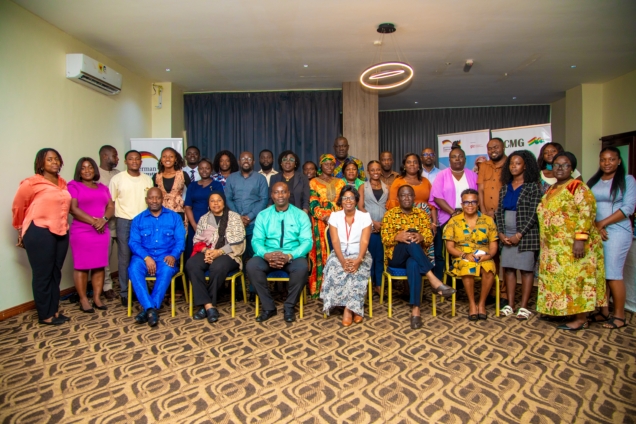
Community-Based Monitoring System (CBMS) Under Educational/Vocational Support Program
July 3, 2023
Ghana and South Africa’s Visa-Free Travel Agreement
October 19, 2023Migration and Rights Lab (MRL) has in the past year established returned migrant networks (RMNET) and has been providing them and their families access to livelihood and socio-economic services in line with our unwavering commitment to human dignity and empowerment. MRL’s provision of livelihood training to migrants stands as a shining example of how humanitarianism can transform lives and uplift communities.
Every year on August 19th, the world comes together to celebrate World Humanitarian Day, a day dedicated to honoring humanitarian workers and advocating for the safety and well-being of those affected by crises. This day also serves as a reminder that each of us can play a role in making the world a more compassionate place.

Migrants, often driven by the search for better economic opportunities, safety, or stability, face an array of challenges as they embark on their journeys. These challenges can range from language barriers and cultural adjustments to discrimination and lack of access to essential services. Among these difficulties, the lack of viable livelihood options is a significant concern. This is where organizations like MRL step in.
MRL has recognized the pressing need to provide migrants with not just immediate relief, but also sustainable solutions that empower them to rebuild their lives in new and home environments. Livelihood training is a crucial component of MRL’s holistic approach. Through carefully crafted training programs, migrants are equipped with skills that enable them to secure employment, start their own businesses, or contribute to their host communities in meaningful ways.


